The 10 Best Tech Stocks of All Time
When it comes to lifetime wealth creation, the best tech stocks of all time have punched well above their weight.


Profit and prosper with the best of Kiplinger's advice on investing, taxes, retirement, personal finance and much more. Delivered daily. Enter your email in the box and click Sign Me Up.
You are now subscribed
Your newsletter sign-up was successful
Want to add more newsletters?

Delivered daily
Kiplinger Today
Profit and prosper with the best of Kiplinger's advice on investing, taxes, retirement, personal finance and much more delivered daily. Smart money moves start here.

Sent five days a week
Kiplinger A Step Ahead
Get practical help to make better financial decisions in your everyday life, from spending to savings on top deals.

Delivered daily
Kiplinger Closing Bell
Get today's biggest financial and investing headlines delivered to your inbox every day the U.S. stock market is open.

Sent twice a week
Kiplinger Adviser Intel
Financial pros across the country share best practices and fresh tactics to preserve and grow your wealth.

Delivered weekly
Kiplinger Tax Tips
Trim your federal and state tax bills with practical tax-planning and tax-cutting strategies.

Sent twice a week
Kiplinger Retirement Tips
Your twice-a-week guide to planning and enjoying a financially secure and richly rewarding retirement

Sent bimonthly.
Kiplinger Adviser Angle
Insights for advisers, wealth managers and other financial professionals.

Sent twice a week
Kiplinger Investing Weekly
Your twice-a-week roundup of promising stocks, funds, companies and industries you should consider, ones you should avoid, and why.

Sent weekly for six weeks
Kiplinger Invest for Retirement
Your step-by-step six-part series on how to invest for retirement, from devising a successful strategy to exactly which investments to choose.
The tech sector has been helping the market hit record highs seemingly every other day. That's no secret. Less well-known is how the best tech stocks of all time have delivered such a disproportionate amount of the market's lifetime wealth creation.
We know of tech's outsize role because a finance professor made a startling discovery about the stock market: 96% of all stocks collectively performed no better than risk-free one-month Treasury bills.
After analyzing the lifetime returns of 25,967 common stocks, Hendrik Bessembinder determined that just 1,092 of those stocks – or about 4% of the total – generated all of the $34.8 trillion in wealth created for shareholders by the stock market over a 90-year period. Even more striking, a mere 50 stocks accounted for almost 40% of that amount.
You can see where this is heading. Of these elite 50 names, fully one in five was a tech stock. In other words, when it comes to lifetime wealth creation, the best tech stocks have punched well above their weight.
Taking a cue from Bessembinder, we screened the S&P 500 for the best tech stocks of all time by looking at annualized total returns since inception. We limited ourselves to names with at least 20 years of annualized return data, but also expanded our universe to include tech-adjacent names that are not actually assigned to the information technology sector.
Before we get to our profiles of the 10 best-performing tech stocks of all time, a word of caution.
Accurately identifying the precious few "home run" stocks amid the many thousands of underachieving names is extremely difficult. Your portfolio is more likely to suffer because you guessed wrong and failed to invest in the top long-term winners, says Bessembinder of Arizona State University's W. P. Carey School of Business.
A better alternative to trying to find a needle in a haystack? To paraphrase Jack Bogle, the Vanguard founder and pioneer of index investing: Just buy the haystack.
"The results reinforce the importance of diversification," Bessembinder says, "and low-cost index funds are an excellent way to diversify broadly."
Without further ado, here are the 10 best tech stocks of all time.
The 10 stocks are listed in reverse order of their all-time annualized total returns (price change plus dividends). Analysts' ratings provided by S&P Global Market Intelligence.
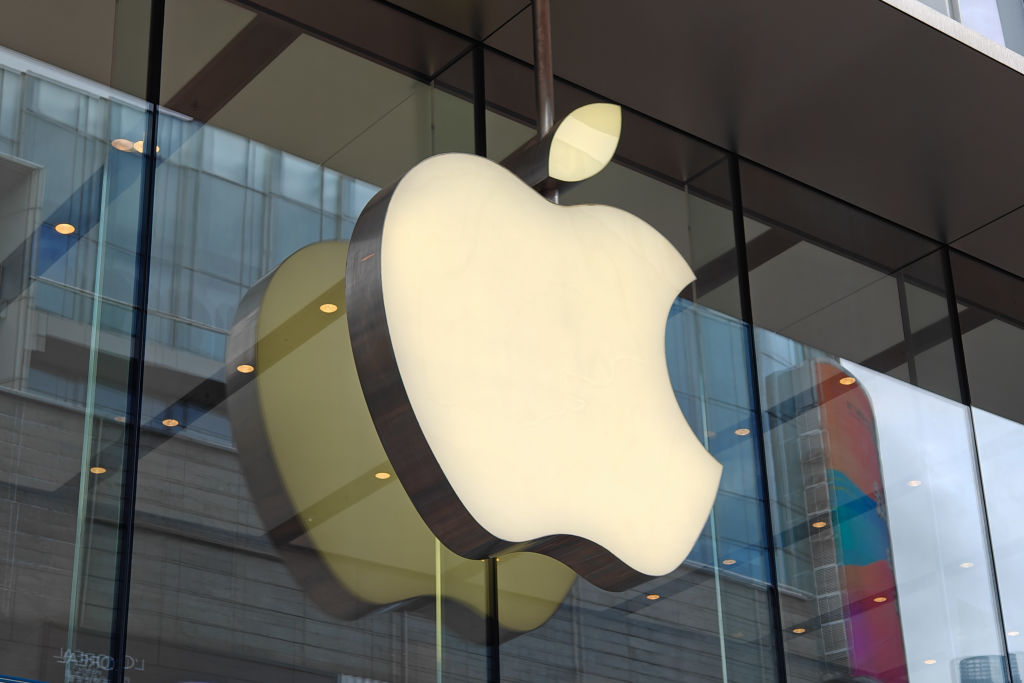
10. Apple
- All-time annualized total return: 20.7%
- Dividend yield: 0.5%
- Analysts' consensus recommendation: Buy
Apple (AAPL) stock traded sideways for the first few years of the 21st century, but an explosion of innovation soon put an end to that. Under the visionary leadership of the late Steve Jobs, Apple essentially reinvented itself for the mobile age, launching revolutionary gadgets such as the iPod, MacBook and iPad.
But what really set Apple on its course to becoming the world's second-largest publicly traded company – and one of hedge funds' favorite blue chip stocks – was the 2007 debut of the iPhone.
Today, Apple isn't just a purveyor of gadgets; it sells an entire ecosystem of personal consumer electronics and related services. And it's a sticky ecosystem at that.
The last couple of decades have been extremely good to Apple investors. Indeed, anyone who put $1,000 into Apple stock 20 years ago would be thrilled with the results today.

9. Amphenol
- All-time annualized total return: 21.6%
- Dividend yield: 0.6%
- Analysts' consensus recommendation: Buy
Amphenol (APH) isn't a particularly sexy tech company, but it holds a critical place in the industry. The company is a key supplier of high‑tech interconnect, cable, sensor and antenna systems for a variety of industries, including autos, aerospace and defense.
But the big tailwind that put APH on this list of the best tech stocks of all time is demand in artificial intelligence (AI) data communications. Indeed, thanks to explosive demand in all things AI, the company's connectivity sales for processors and AI data centers are forecast to triple this year alone.
With operations in more than 40 countries, APH has long been a steady, diversified bet on industrial IT growth. That's helped shares beat the market over pretty much any standardized time frame you care to chart. APH stock's emergence as an AI play suggests even more outperformance ahead.
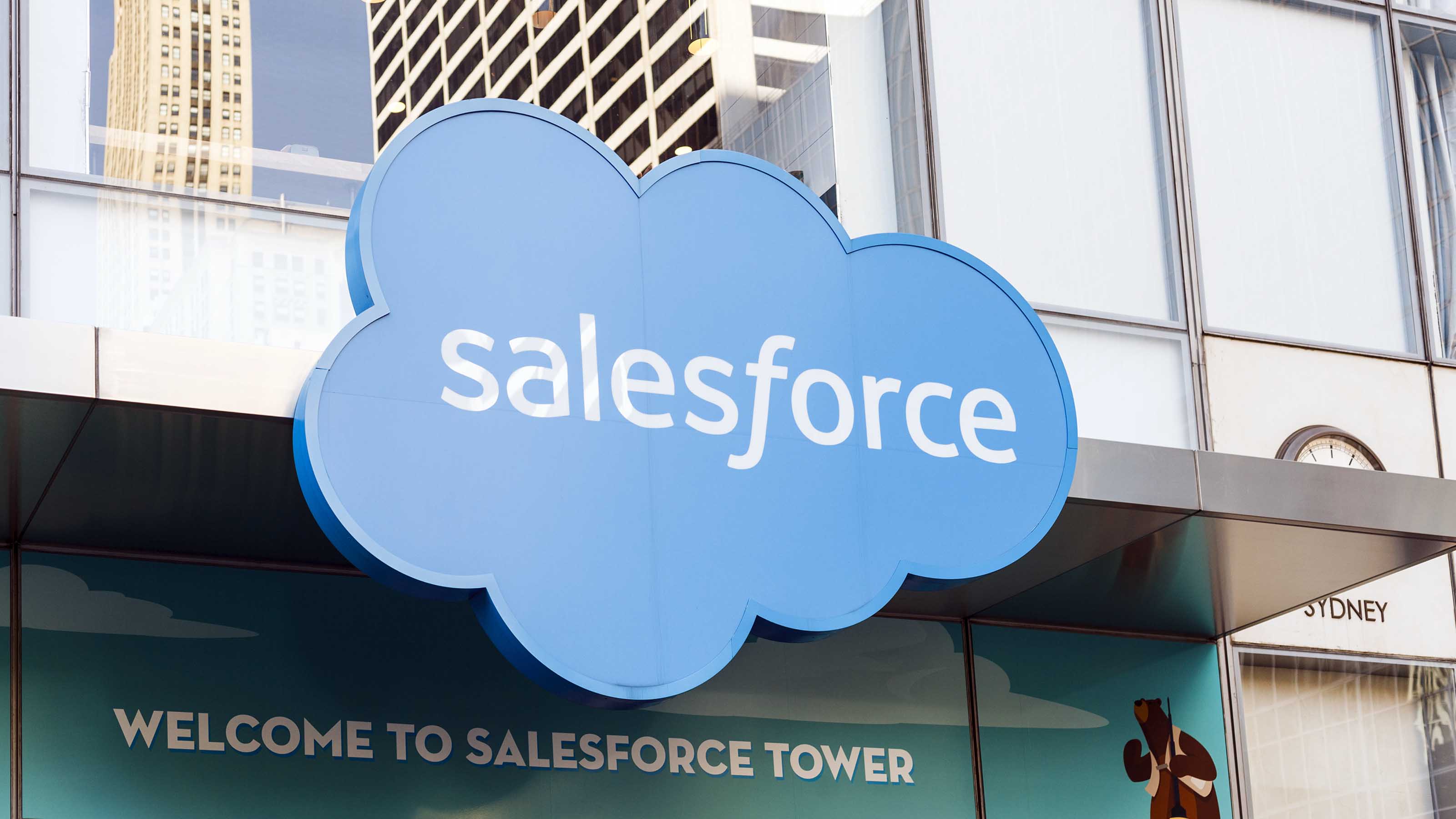
8. Salesforce
- All-time annualized total return: 21.7%
- Dividend yield: 0.6%
- Analysts' consensus recommendation: Buy
Salesforce (CRM), the software-as-a-service juggernaut, routinely ranks among the hedge fund industry's favorite stocks, and it's beloved by billionaire investors too.
After all, Salesforce, which provides customer relationship management software to enterprise clients, was essentially providing cloud-based services before they were cool. That early mover advantage continues to benefit CRM today.
And this Buy-rated Dow Jones stock shows no signs of letting up. CRM made headlines in May 2025 when it announced an $8 billion deal to acquire Informatica (INFA), a leader in cloud-based data management. The move isn't just about bulking up Salesforce's enterprise software portfolio – it's also a strategic play on AI.

7. Fair Isaac
- All-time annualized total return: 21.9%
- Dividend yield: N/A
- Analysts' consensus recommendation: Buy
Fair Isaac (FICO), the company behind FICO credit scores, is an unsung hero of the tech sector. The company long ago built a wide moat in financial infrastructure and credit scoring – and it's an AI play too.
To get a sense of FICO's centrality to its industry, 90% of all U.S. lenders use the company's services to make more than 10 billion credit decisions a year. AI and machine learning have long been central to the company's core operations. In early 2025, FICO was awarded 12 new patents related to AI, machine learning, decision management and cybersecurity.
Although shares lagged the broader market through much of 2025, analysts mostly see this long-term market beater as a bargain, giving it a consensus recommendation of Buy.
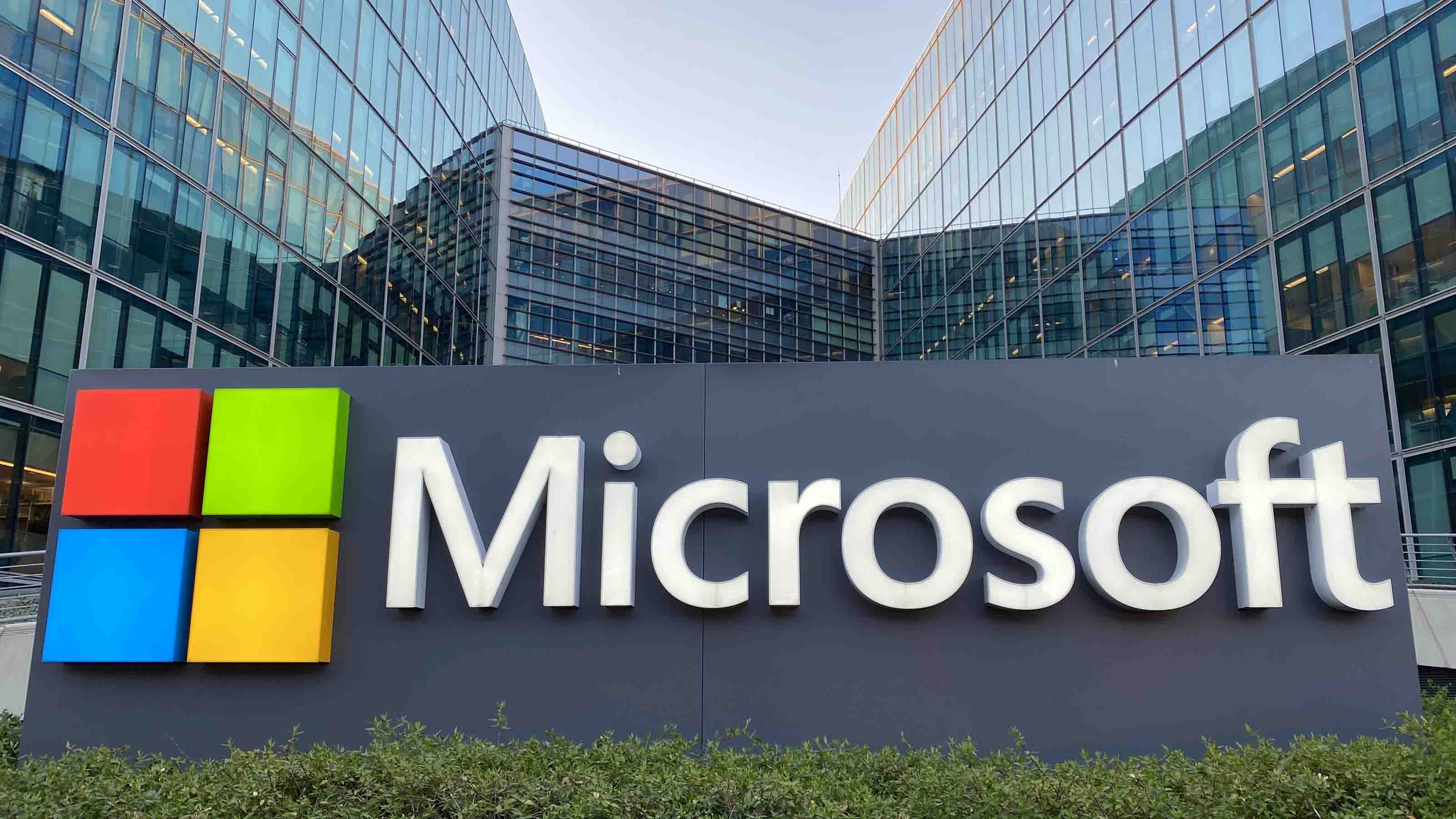
6. Microsoft
- All-time annualized total return: 22.3%
- Dividend yield: 0.7%
- Analysts' consensus recommendation: Strong Buy
Microsoft (MSFT) has been an astounding buy-and-hold bet for truly long-term investors. The Dow component's pivot more than a decade ago toward enterprise customers and – most importantly – Microsoft's shift to selling cloud-based services such as Azure and Office 365 have been an astounding success.
Today, Microsoft is a dominant player in cloud computing and a leader in generative AI – and MSFT's returns prove it. That's a far cry from the aftermath of the tech bust that led Microsoft stock to trade mostly sideways for more than a decade.
Indeed, $1,000 invested in MSFT 20 years ago is worth a remarkable sum today. Happily for Microsoft bulls, analysts very much expect shares to continue their market-smashing ways.
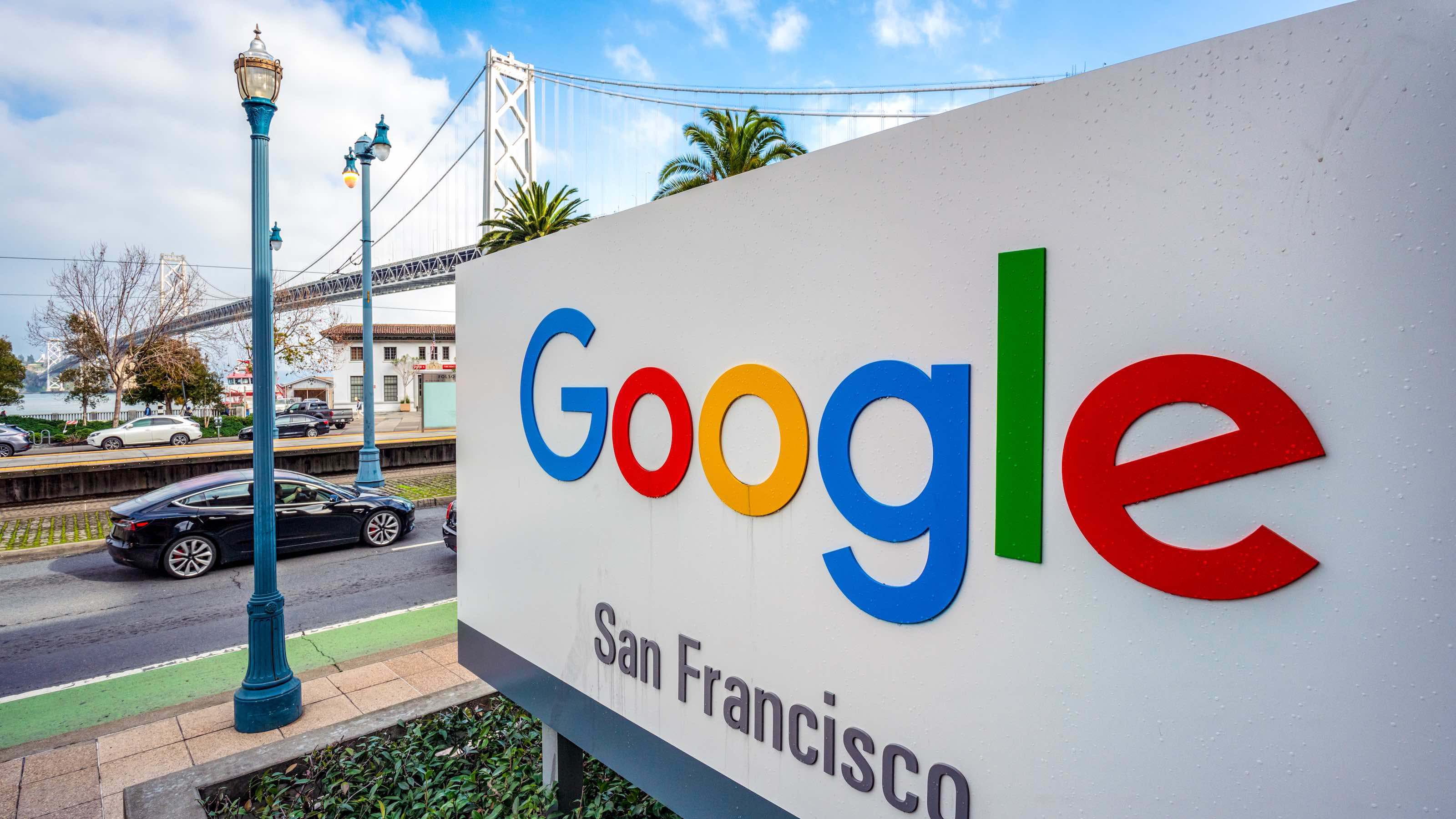
5. Alphabet
- All-time annualized total return: 23.1%
- Dividend yield: 0.4%
- Analysts' consensus recommendation: Buy
Google parent Alphabet (GOOGL) has been a buy-and-hold bonanza since it first went public more than two decades ago. The company commands roughly 90% of the market for global search, and its Android operating system is found on approximately 70% of all smartphones.
Future success, however, is predicated on competing with fellow Magnificent 7 stocks Amazon.com (AMZN) and Microsoft (MSFT) in artificial intelligence and cloud-based enterprise services.
That's partly why the company increased its capital expenditures guidance for 2025 to about $85 billion, up from $75 billion previously. Alphabet is racing to employ additional servers, data centers and networking gear to further scale up its efforts in AI and Google Cloud.

4. Monolithic Power Systems
- All-time annualized total return: 24.1%
- Dividend yield: 0.9%
- Analysts' consensus recommendation: Buy
Monolithic Power Systems (MPWR) is another one of the best tech stocks of all time that's getting a huge boost from all things AI.
Its rack power modules supply juice to AI data centers, and it counts Nvidia (NVDA), Alphabet (GOOGL) and Advanced Micro Devices (AMD) among its customers. The explosive growth in compute for AI is driving outsized topline growth.
Indeed, analysts say the company's wins across diverse markets have MPWR poised to maintain annual organic sales growth of anywhere from 10% to 15% above its peers.
While not exactly a household name, MPWR has delivered market-beating returns over the past three-, five-, 10-, 15- and 20-year periods, and by wide margins to boot.
With a consensus recommendation of Buy, the Street likes its chances for continued outperformance.
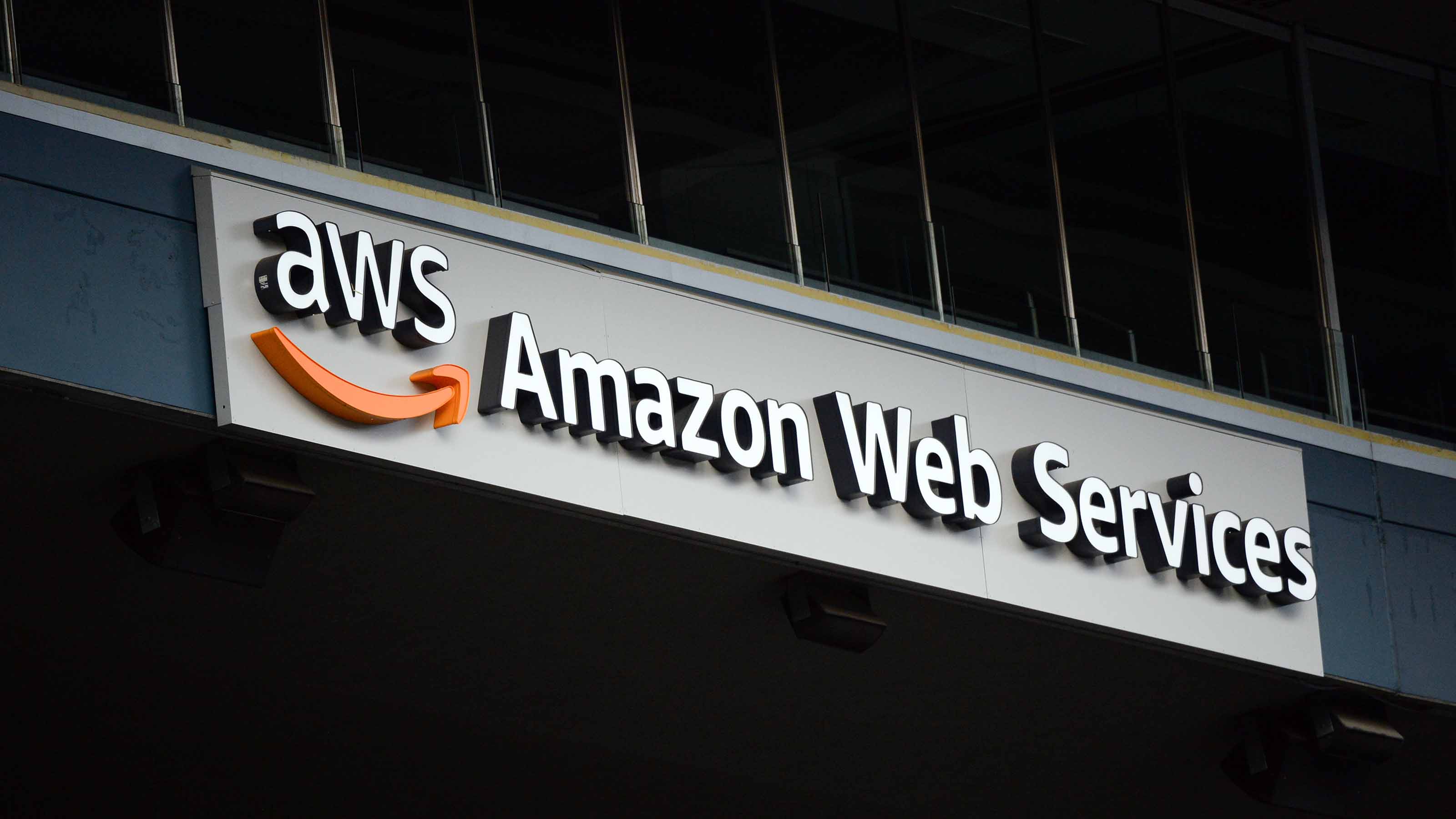
3. Amazon.com
- All-time annualized total return: 31.7%
- Dividend yield: N/A
- Analysts' consensus recommendation: Strong Buy
Amazon.com (AMZN), which began life as a modest website for book buyers, went public in 1997, and has since generated truly outsized wealth for shareholders.
It hasn't always been pretty, however. AMZN, which joined the Dow Jones Industrial Average in early 2024, suffered some profound sell-offs over the years.
At one point during its history, from peak to trough, Amazon stock lost over half its value, wiping out more than a trillion dollars in market value.
Amazon's emergence as the nation's largest e-commerce company is only part of the story behind its extraordinary wealth creation. The firm is a giant in cloud-based services and AI, and a leader in streaming media and digital advertising.
Analysts remain about as bullish as can be, giving AMZN stock a rare consensus recommendation of Strong Buy.

2. Netflix
- All-time annualized total return: 34.6%
- Dividend yield: N/A
- Analysts' consensus recommendation: Buy
Netflix (NFLX) stock is notoriously volatile. But anyone who managed to hold on through its many vertiginous ups and downs over the years has enjoyed truly outstanding returns.
Netflix is the king of on-demand streaming entertainment, serving TV series, films and games via 300 million paid memberships in more than 30 languages and 190 countries. It furthermore lays claim to arguably the best brand in the industry.
Anyone who put $1,000 into NFLX stock 20 years ago more than tripled the annualized return of the broader market. Wall Street likes the company's prospects going forward, too, assigning it a consensus recommendation of Buy.
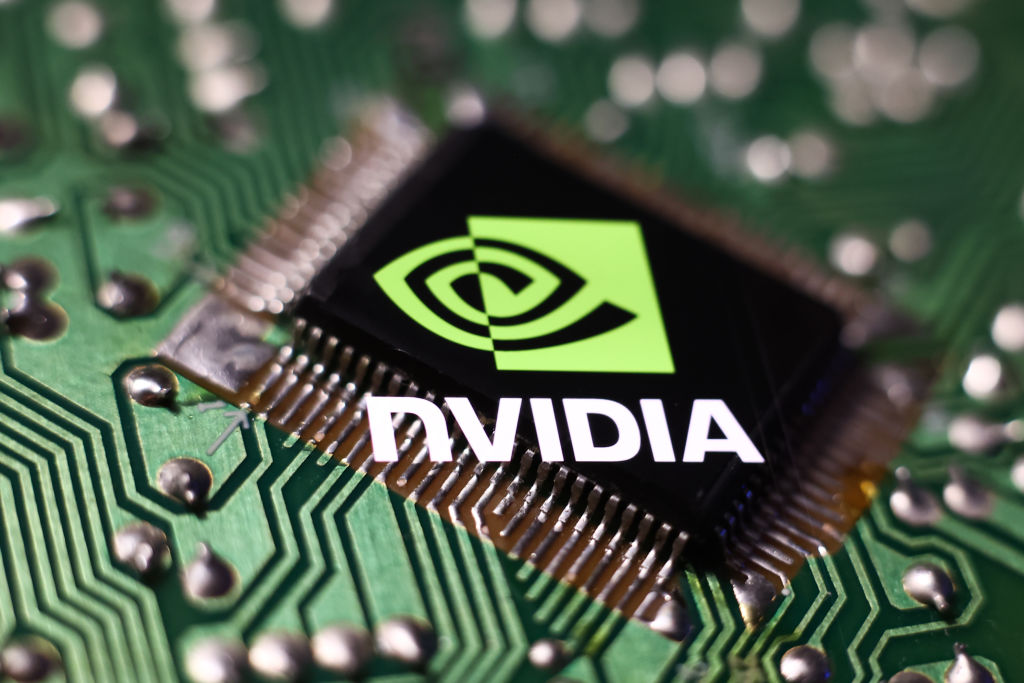
1. Nvidia
- All-time annualized total return: 37.5%
- Dividend yield: 0.02%
- Analysts' consensus recommendation: Strong Buy
It probably shouldn't come as a surprise to find out that Nvidia (NVDA) is the top tech stock of all time. The world's largest publicly traded company – and first to top $4 trillion in market cap – has generated incomparable returns since it listed in 1999.
Importantly, most of the shareholder wealth generated by Nvidia came over just the past few years. That's because back in the day, the primary market for Nvidia's GPUs consisted of PC and console video game enthusiasts. Cut to today, and the company faces seemingly insatiable demand for its processors in the AI servers and data centers.
Long-time shareholders have reaped outsized rewards, and the Street sees plenty more upside ahead. NVDA stock scores a rare consensus Strong Buy recommendation, per S&P Global Market Intelligence.
Related content
Profit and prosper with the best of Kiplinger's advice on investing, taxes, retirement, personal finance and much more. Delivered daily. Enter your email in the box and click Sign Me Up.

Dan Burrows is Kiplinger's senior investing writer, having joined the publication full time in 2016.
A long-time financial journalist, Dan is a veteran of MarketWatch, CBS MoneyWatch, SmartMoney, InvestorPlace, DailyFinance and other tier 1 national publications. He has written for The Wall Street Journal, Bloomberg and Consumer Reports and his stories have appeared in the New York Daily News, the San Jose Mercury News and Investor's Business Daily, among many other outlets. As a senior writer at AOL's DailyFinance, Dan reported market news from the floor of the New York Stock Exchange.
Once upon a time – before his days as a financial reporter and assistant financial editor at legendary fashion trade paper Women's Wear Daily – Dan worked for Spy magazine, scribbled away at Time Inc. and contributed to Maxim magazine back when lad mags were a thing. He's also written for Esquire magazine's Dubious Achievements Awards.
In his current role at Kiplinger, Dan writes about markets and macroeconomics.
Dan holds a bachelor's degree from Oberlin College and a master's degree from Columbia University.
Disclosure: Dan does not trade individual stocks or securities. He is eternally long the U.S equity market, primarily through tax-advantaged accounts.
-
 Quiz: Do You Know How to Avoid the "Medigap Trap?"
Quiz: Do You Know How to Avoid the "Medigap Trap?"Quiz Test your basic knowledge of the "Medigap Trap" in our quick quiz.
-
 5 Top Tax-Efficient Mutual Funds for Smarter Investing
5 Top Tax-Efficient Mutual Funds for Smarter InvestingMutual funds are many things, but "tax-friendly" usually isn't one of them. These are the exceptions.
-
 AI Sparks Existential Crisis for Software Stocks
AI Sparks Existential Crisis for Software StocksThe Kiplinger Letter Fears that SaaS subscription software could be rendered obsolete by artificial intelligence make investors jittery.
-
 Stocks Make More Big Up and Down Moves: Stock Market Today
Stocks Make More Big Up and Down Moves: Stock Market TodayThe impact of revolutionary technology has replaced world-changing trade policy as the major variable for markets, with mixed results for sectors and stocks.
-
 AI Unwind Takes 2% Off the Nasdaq: Stock Market Today
AI Unwind Takes 2% Off the Nasdaq: Stock Market TodayMarkets are paying more and more attention to hyperscalers' plans to spend more and more money on artificial intelligence.
-
 Tech Stocks Fuel Strong Start to the Week: Stock Market Today
Tech Stocks Fuel Strong Start to the Week: Stock Market TodayThe blue-chip Dow Jones Industrial Average extended its run above 50,000 on Monday and there are plenty of catalysts to keep the 30-stock index climbing.
-
 Dow Adds 1,206 Points to Top 50,000: Stock Market Today
Dow Adds 1,206 Points to Top 50,000: Stock Market TodayThe S&P 500 and Nasdaq also had strong finishes to a volatile week, with beaten-down tech stocks outperforming.
-
 Stocks Sink With Alphabet, Bitcoin: Stock Market Today
Stocks Sink With Alphabet, Bitcoin: Stock Market TodayA dismal round of jobs data did little to lift sentiment on Thursday.
-
 Dow Leads in Mixed Session on Amgen Earnings: Stock Market Today
Dow Leads in Mixed Session on Amgen Earnings: Stock Market TodayThe rest of Wall Street struggled as Advanced Micro Devices earnings caused a chip-stock sell-off.
-
 Nasdaq Slides 1.4% on Big Tech Questions: Stock Market Today
Nasdaq Slides 1.4% on Big Tech Questions: Stock Market TodayPalantir Technologies proves at least one publicly traded company can spend a lot of money on AI and make a lot of money on AI.
-
 Stocks Close Down as Gold, Silver Spiral: Stock Market Today
Stocks Close Down as Gold, Silver Spiral: Stock Market TodayA "long-overdue correction" temporarily halted a massive rally in gold and silver, while the Dow took a hit from negative reactions to blue-chip earnings.
